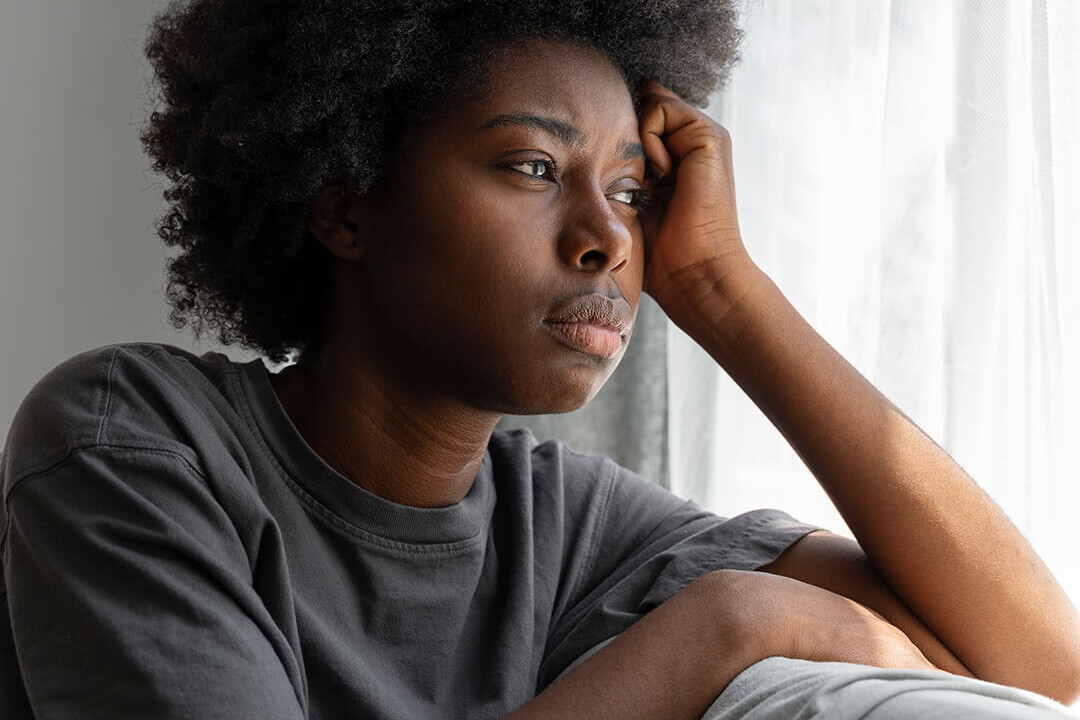
The impacts of sexual violence
Just as each person is unique, each journey is also unique. Sexual violence can have various impacts of varying intensity that may persist to a greater or lesser extent over time. The possible impacts can be physical, psychological, relational, sexual, economic, social, emotional and/or other.
Possible impacts of sexual violence
Physical
- Somatic problems (migraines, nausea, fatigue, digestive issues, etc.)
- Changes in appetite
- STBBI’s
- Pregnancy
- Chronic Pain
- Etc.
Psychological
- Symptoms of post-traumatic stress disorder
- Dissociation
- Fear
- Distress
- Anxiety
- Social phobia
- Distrust
- Low self-esteem
- Irritability
- Mental health problems (depression, general anxiety, panic disorder, social phobia, etc.) Etc.
Sexual and relational
- Disgust for sexuality
- Hypersexuality
- Low libido
- Dyspareunia
- Vaginismus
- Risky sexual behaviour
- Relationship difficulties
- Revictimization
- Rejection by peers
- Etc.
Behavioural
- Self-mutilation
- Alcohol/drug abuse
- Eating disorders
- Suicidal ideation and/or attempts
- Social isolation
- Aggressiveness
- Attention problems
- Etc.
Other
- Economic
- Professional
- Academic
- Etc.
This is only a brief list of some of the possible impacts; certain consequences listed may also be attributable to other situations co-occurring with the sexual violence experienced.
The number or severity of the impacts experienced by the victim does not reflect the scale of sexual violence itself. It is also possible that the impacts of this trauma may occur years, or even decades, later.
Did you know?
A common myth is that people who have been victims of sexual violence behave in a way that demonstrates their trauma: extreme distress, sadness, panic, etc.
However, each person reacts in their own way. Some people will cry, others will be calm, angry, coherent or incoherent, and others will seem very detached.
It is important not to interpret reactions as being normal or abnormal. Just as people react differently to grief, for example, people who have experienced sexual violence react in different ways. Just because the person does not appear to be affected, sad or angry does not mean that they have not experienced sexual violence, that their situation is less serious or that they are not experiencing its impacts.
Test your knowledge of sexual violence with this quiz